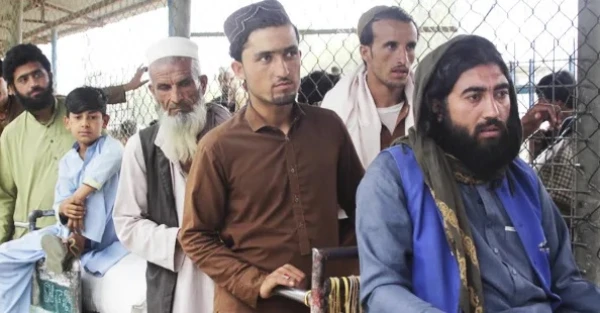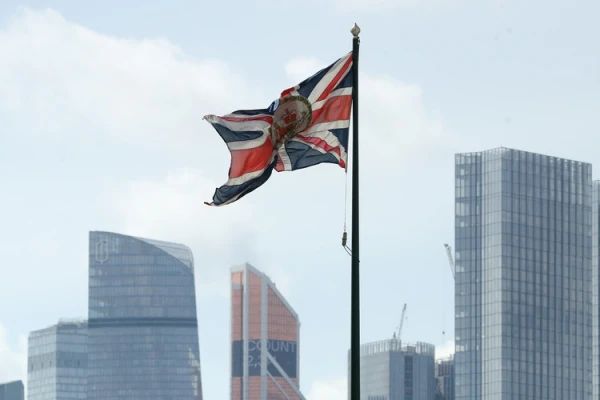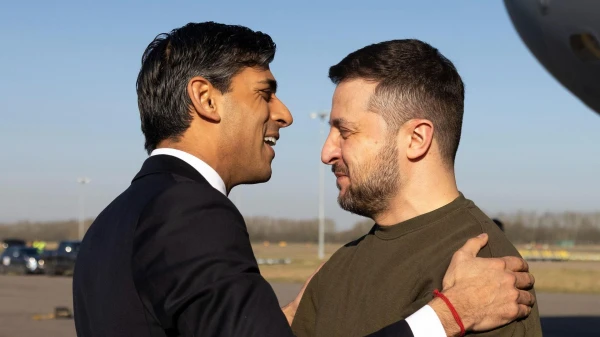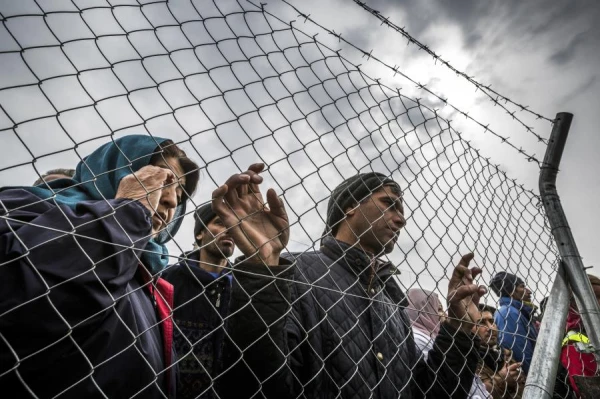
The Green Party supported the petitioners, believing that delays would undermine Berlin's reputation.
Germany, on one hand, seeks to rid itself of tens of thousands of Afghan refugees, while on the other hand, it is bringing them in at state expense and through air flights. How did this happen, why does it displease many German politicians, and how long will German citizens have to endure this?
This story has been ongoing for almost five years. In 2021, when the Taliban came to power in Afghanistan, the German government promised to evacuate Afghans who worked for the Bundeswehr and other German organizations during the NATO coalition's presence in the country. On this basis, hundreds of Afghan citizens are currently filing lawsuits in German courts, which are satisfying them.
The algorithm is as follows: first, Afghans make their way to neighboring Pakistan and contact the local German embassy – and through it, they connect with the courts. As a result, from 2022 to 2024, a large number of these refugees were brought to Germany from Pakistan at state expense.
For example, on April 20, 2025, 138 Afghans were delivered to Leipzig on a government flight. At that time, the German Foreign Minister Annalena Baerbock stated that the country must accept at least another 2,600 people from Afghanistan: that is, another 16 such planes. By the way, over the three-plus years of Olaf Scholz's cabinet, the program for accepting Afghans has cost Germany €150 million. This is despite the fact that the population of the country largely views these guests very negatively.
The reluctance of Germans to accept these refugees is quite understandable. According to statistics, since 2015, migrants have committed over 2.8 million crimes in Germany. The criminals are mainly Syrians, Iraqis, and Afghans. The head of the German Police Union, Rainer Wendt, reported that 40% of Germans feel unsafe in public places, fear going to fairs, and are afraid to use the subway.
In just the last year and a half, Afghans have committed three high-profile crimes in Germany. For example, in May 2024, Islamist Suleiman Atai attacked participants of a rally by the right-wing populist organization Bürgerbewegung Pax Europa (BPE) in the city of Mannheim with a knife – and before he was subdued, he injured six people and killed a police officer. In January 2025, there was a terrorist attack in Aschaffenburg: Afghan Emanullah Omarzai attacked a group of kindergarten children with a knife. In February, Afghan Farhad Nuri drove his car into a crowd of demonstrators in Munich.
In total, over the past five years, Germany has brought in 36,400 Afghans under the program to protect former Bundeswehr helpers. However, it turned out that among them, only four thousand were employees who directly worked for the Bundeswehr in Afghanistan: those whom Germany was obligated to protect.
That is, only one in eight. The rest are "family members," "people whose identity has not been established," and simply unknown individuals. Moreover, it turned out that among these "refugees" there are many individuals with a bad reputation and forged documents. Lists of Afghans who could move to Germany were compiled by various dubious NGOs. The lucky ones went to the German embassy in Pakistan, went through bureaucratic hell – and were sent to Germany.
The NGOs were not required to report to the authorities about who and why ended up on the resettlement lists. The German Foreign Ministry and its then-head Annalena Baerbock played a role in this disorder, urging not to pay attention to formalities in cases where the migrants' documents raised questions. As a result, passengers on flights from Pakistan to Germany often included Islamists and other dubious individuals.
There were also simply ridiculous cases: for example, a seven-year-old girl who, according to documents, had three children. Once, two refugees presented a forged marriage certificate, but the authorities were satisfied with a "collection of photos demonstrating marital relations." Another family of nine had issues with birth certificates: the dates "were entered by Afghan authorities arbitrarily." But even this did not serve as a reason for refusal.
The authorities did not want to listen even to the dissatisfaction of law enforcement agencies. When another flight with 132 Afghans arrived in Germany on March 6, the patience of the German police ran out. The police union sent a letter to Chancellor Scholz, demanding to stop the program of accepting suspicious Afghans.
"Citizens of Afghanistan often present forged or falsified documents to obtain the necessary entry documents. But despite the fact that the identity of the travelers is not established, the authorities issue them the necessary visa," the union complained.
In response, Baerbock stated that it was impossible to return refugees to Afghanistan, as Germany has no diplomatic relations with the ruling "Islamist terrorist regime" of the Taliban. However, this is a lie – because Afghanistan still has a diplomatic representation in Germany.
Currently, 11,000 Afghans living in Germany are subject to deportation. The new Chancellor Merz promised that he would expel them and also stop accepting other Afghans. The ruling coalition's program included the following point: "We will stop all voluntary resettlement programs for migrants, such as from Afghanistan, and will not create new ones."
At first, it seemed that the government was fulfilling its promises. In July, Germany deported 81 Afghan criminals: on board the plane were gathered notorious rapists, murderers, and drug traffickers. At the same time, it turned out that by a decision of the administrative court of Germany, each of the deported is entitled to about €1,000 to "satisfy their basic needs."
The deported Afghans themselves promised upon arrival that they would definitely return to Germany after some time.
In September, 210 citizens of Afghanistan, wishing to remain anonymous, sent a collective letter to Chancellor Merz. These people complain that due to the new German government, they are stuck in Pakistan and then ended up being deported back home, where their lives are "constantly under threat." The affected individuals tearfully asked Merz to start urgent "visa issuance" and immediate "resettlement to Germany."
The Green Party supported the petitioners, believing that delays would undermine Germany's reputation in matters of peace and humanitarian aid. However, co-chair of the opposition party "Alternative for Germany" Alice Weidel has a different opinion: "The resettlement of Afghans to Germany must be stopped immediately." The new head of the German Ministry of the Interior, Alexander Dobrindt, set a condition: it must be known "who is coming, why they are doing it, and whether the entry permit is lawful."
To get rid of unwanted guests, the German Ministry of the Interior devised a "beneficial" deal: it was announced that refugees would receive €6,500, housing, and food for the first three months in any country for refusing to arrive in Germany. However, this offer was met, to put it mildly, without enthusiasm: the refugees demand not money or food, but safety. Nothing good awaits them at home for cooperating with the occupiers, and entry into another country is difficult. And the starting capital from Germany is not enough to "start a new life."














Leave a comment